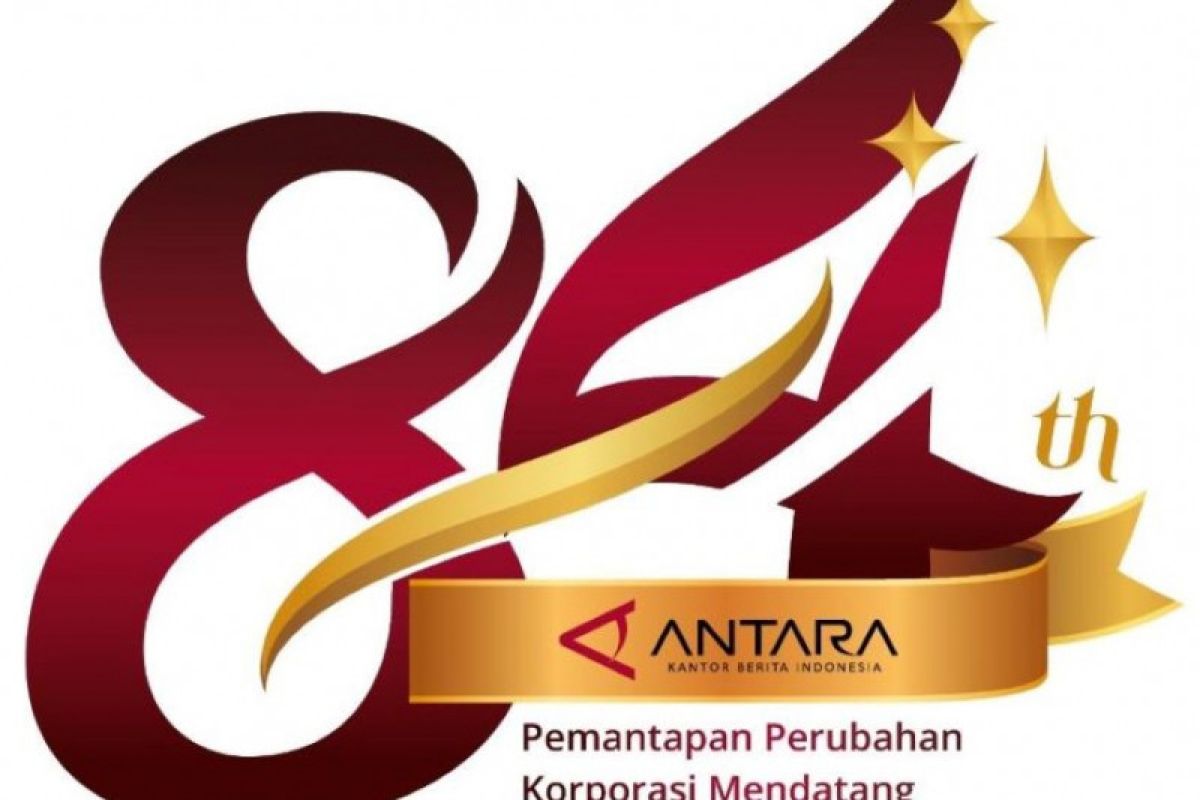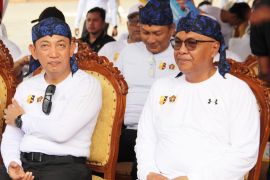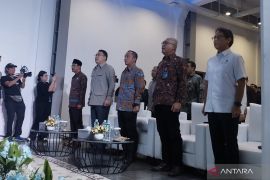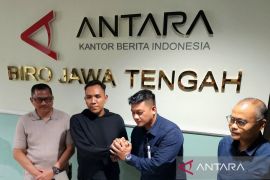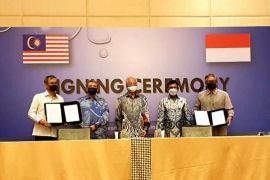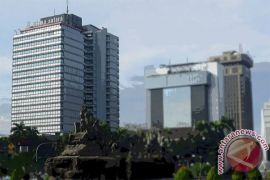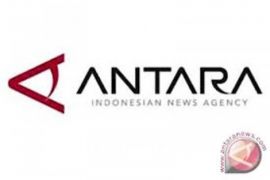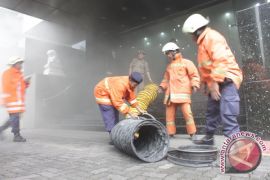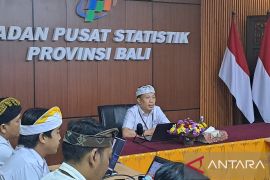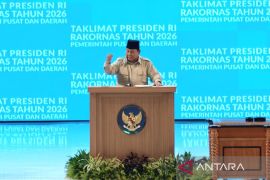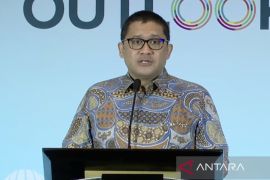"Do not let ANTARA away from this nation," Suryodiningrat stated.
He served as leader of the news agency for 7.5 years, from 2016 to 2023, and is currently holding the post of Indonesian ambassador to Romania and Moldova.
His statement was regarded to be similar to his predecessors in the reformation era when ANTARA was in the process of becoming a state news agency.
ANTARA has a historical role in this country along with the press' role in the nation's development. The Indonesian press has borne witness to three major changes.
First, in the era of the struggle for independence, the press adopted a criticizing stance towards colonizers. One shining example is Bung Tomo, a prominent military leader and journalist, who kindled the nation's spirit through his writings and motivational speeches.
The second change in the press is that it became the voice of political parties in the 1955-1959 period. Suluh Indonesia (Sulindo) served for the Indonesian National Party (PNI), Harian Abadi for the Masyumi Party, Pedoman for the Socialist Party, Duta Masyarakat for Nahdlatul Ulama (NU), and Terompet Rakyat for the Indonesian Communist Party (PKI).
At that time, the press served the authorities before becoming the voice for the New Order regime.
The third change is the reformation era during which the press is considered as "free and very open." Now, the press is striving to remain neutral amid industrial challenges.
The ANTARA National News Agency, founded by Adam Malik and his colleagues on December 13, 1937, witnessed the three changes.
ANTARA is recorded in history as one of the announcers of the Proclamation of Indonesian Independence on August 17, 1945.
Thereafter, ANTARA was part of several historical moments, such as the tearing of the blue color of the Dutch flag in Surabaya on September 19, 1945.
ANTARA journalists -- Abdoel Wahab Saleh, Djohan Sjahroezah, Soekarni, and Loekitaningsih -- became key figures in that incident.
Saleh was the photographer that took pictures of that event.
ANTARA also reported the Battle of Surabaya and the November 10, 1945 incident. Bung Tomo was the agency's Deputy Chief Editor of the Surabaya Bureau.
Critical but clever
When ANTARA became the mouth of the New Order government, it had to adhere to the "critical but clever" philosophy in making news.
ANTARA produced news that was criticizing in nature, albeit not making any parties and the community feel judged.
ANTARA had backed the government when it started a switching program from kerosene to liquefied petroleum gas (LPG) by supporting the conversion policy that eventually benefited the public.
ANTARA also supported several international events, including the IMF, R20, G20, AMMTC ASEAN Meetings, and other state agendas or mandated duties, by optimally commanding its newsroom and being the news photo host.
Since 2007, ANTARA is a legal state-owned company. Since then, ANTARA has striven to adjust to changes in society, government, country, and information technology development.
When all mass media became computerized, ANTARA also followed suit. The agency also kept up with the digital era by digitizing its operations and products and presenting its social media handles.
As a state-owned enterprise, ANTARA meets challenges in terms of neutrality, between remaining a strategic news agency and tending to business interests.
Can ANTARA still be strategic and impartial when accepting info-advertisements for the news portal? Can it still be strategic and critical when it receives business assignments in its newsroom, host photo, and the public service-oriented (PSO) mandate?
According to former ANTARA journalist, Parni Hadi, ANTARA's income comes from PSO funds distributed by the Ministry of Communication and Informatics.
It is said that ANTARA is dependent on the PSO funds, and this affects the creativity and courage of its journalists to broadcast news that is different from the government's policy.
Being in the news industry, ANTARA must maintain its strategic position and remember that news belongs to the public.
For instance, in covering electoral candidates, ANTARA should provide balanced news and be free from partisanship.
The news produced by ANTARA must be in keeping with the public interests, be neutral, and have several perspectives.
ANTARA's experience in the New Order era, which tried to maintain institutional neutrality by sticking to the Javanese philosophy of "critical but clever," seems to be a choice for the agency to maintain its image without losing its identity as part of the press that is always critical of the country's real conditions.
By applying the philosophy, ANTARA can be accepted by all parties, as good criticism is encouraging, conveyed with love, and not indulging in the blame game.
Being critical but wise is an approach that encourages, is full of love, and steers clear of blaming one another and will lead Indonesia to become a nation that does not view humans by status, ethnicity, religion, race, class, position, or rank, and other differences, but rather, sees them with empathy and respect.
Ahead of its 86th anniversary, do not let ANTARA -- a historical recorder, a guardian of the state, and a guardian of the nation's character -- away from the country.
Related news: ANTARA holding photo exhibit at Surabaya’s Bungkul Park
Related news: ASEAN Newsroom, "embryo" of media associations in the region: ANTARA
Editor: Rahmad Nasution
Copyright © ANTARA 2023
